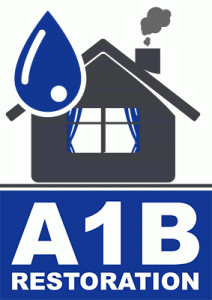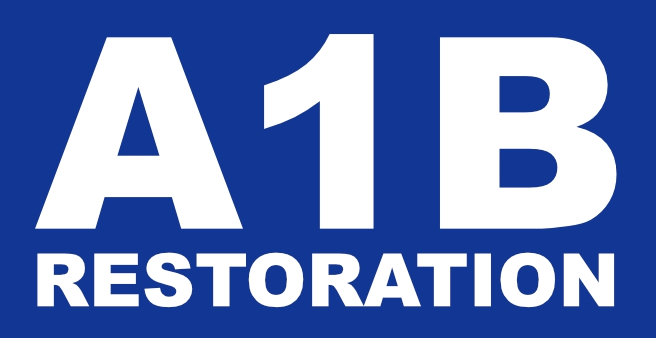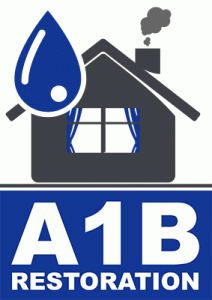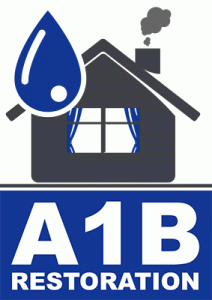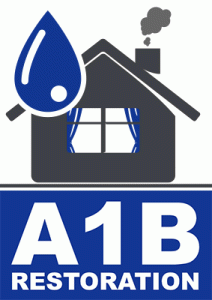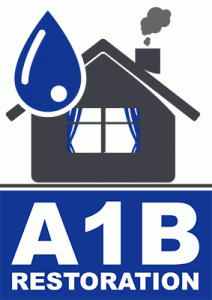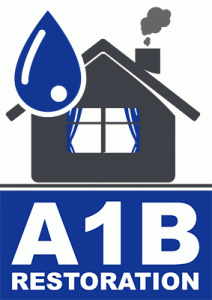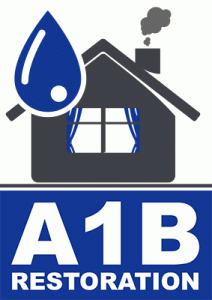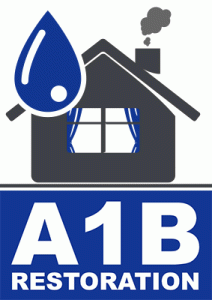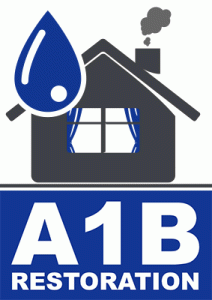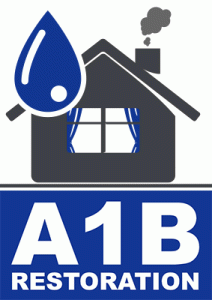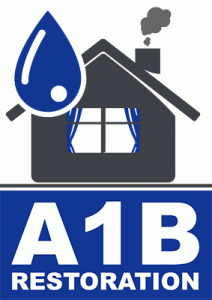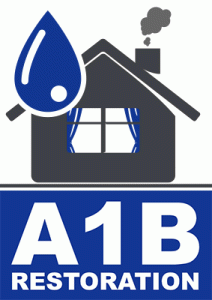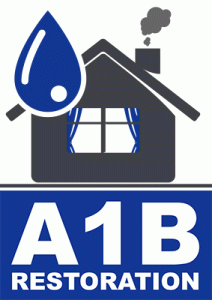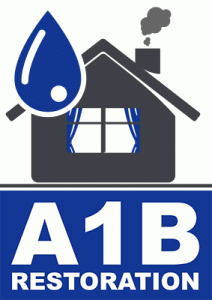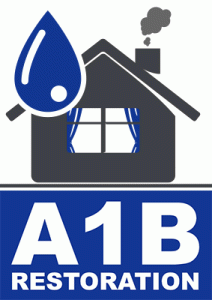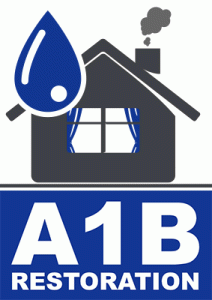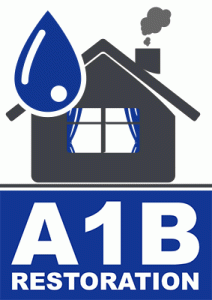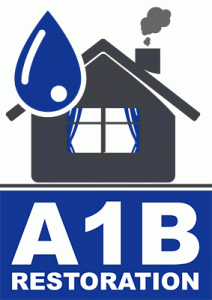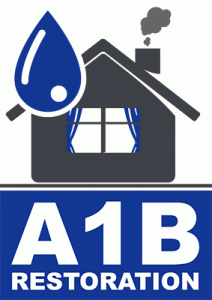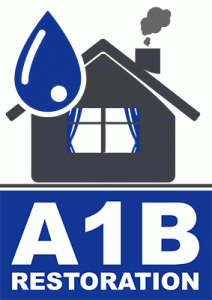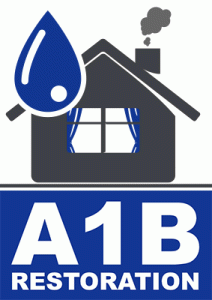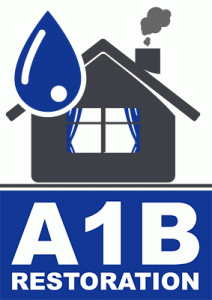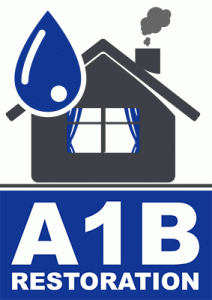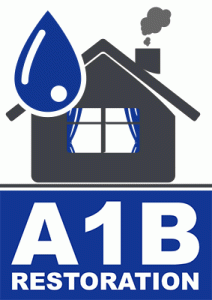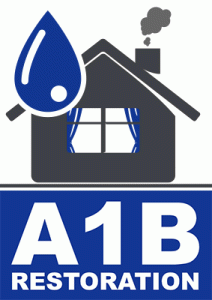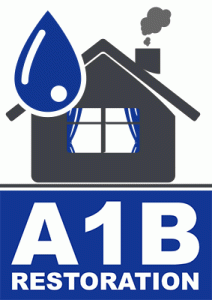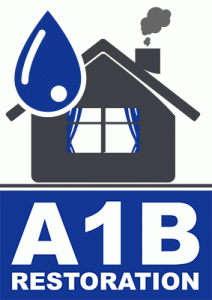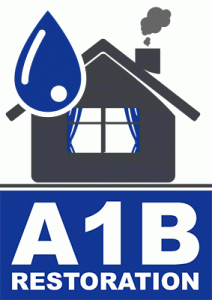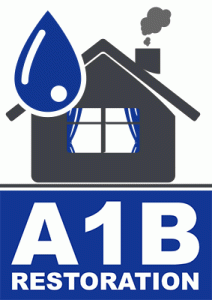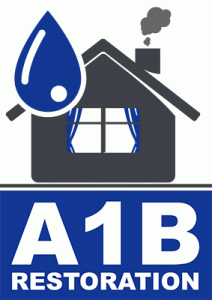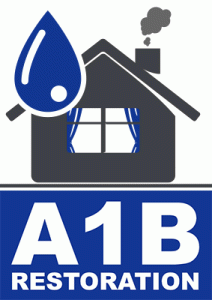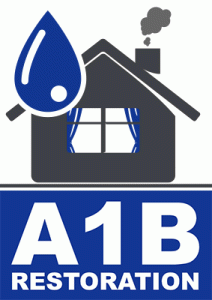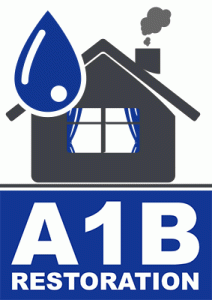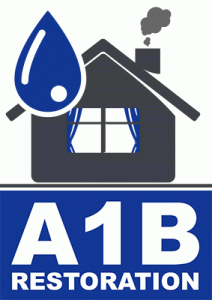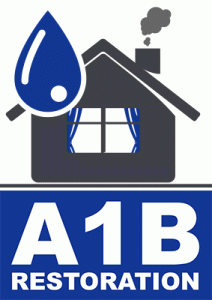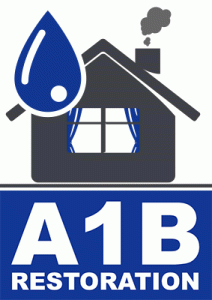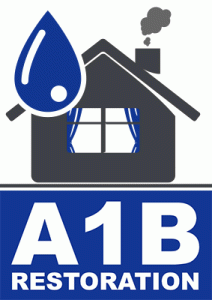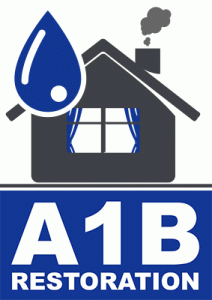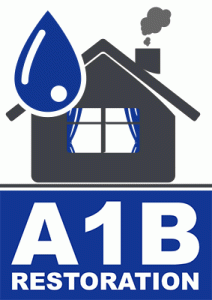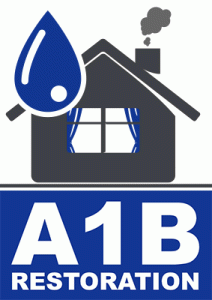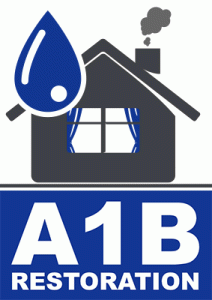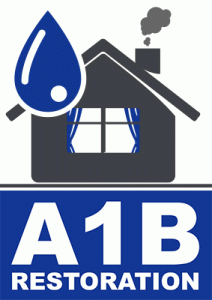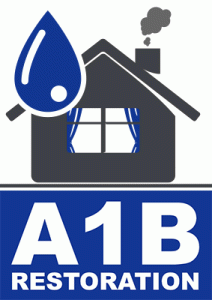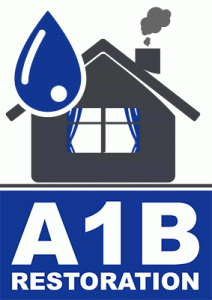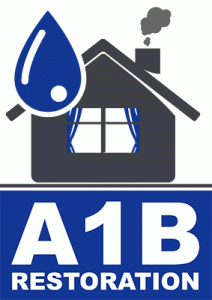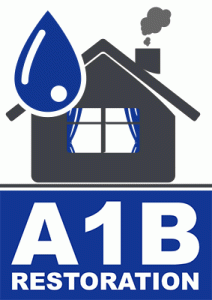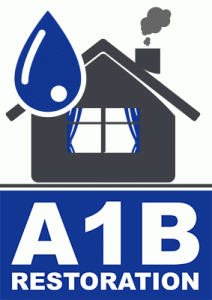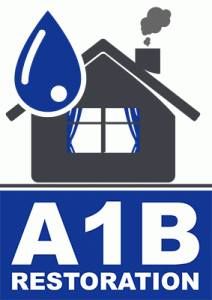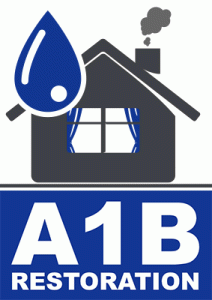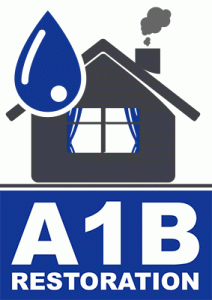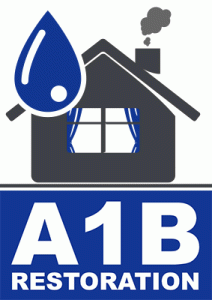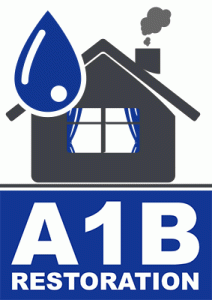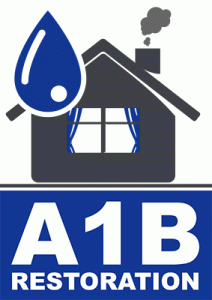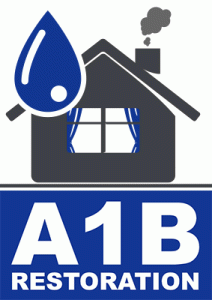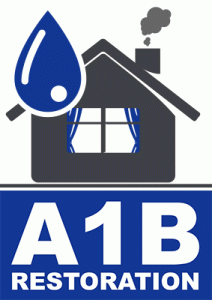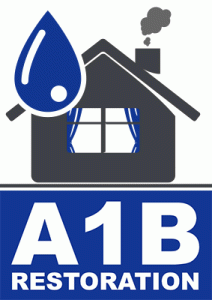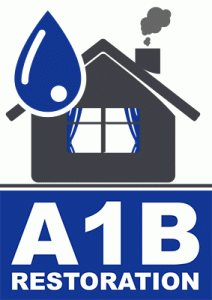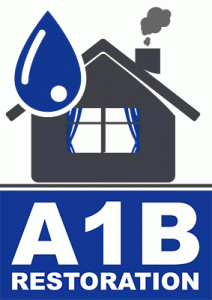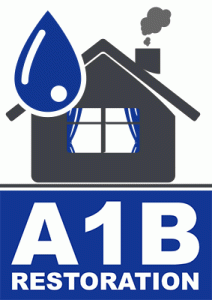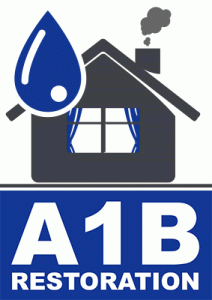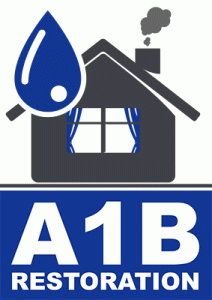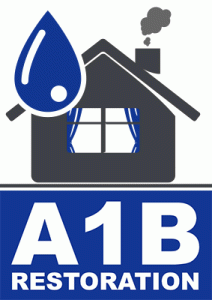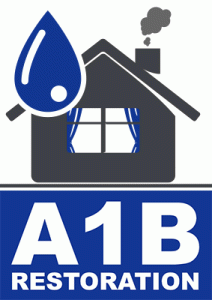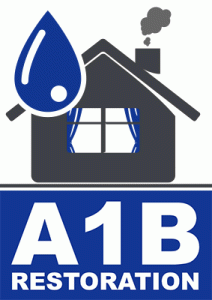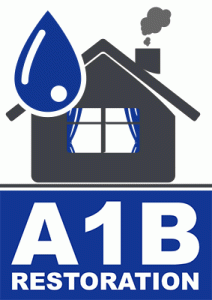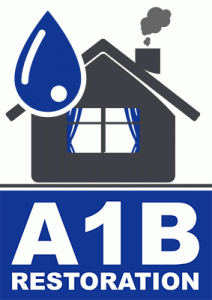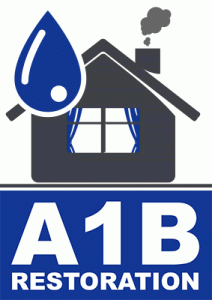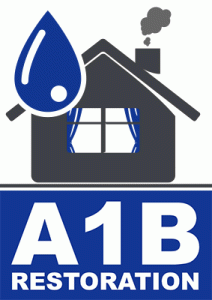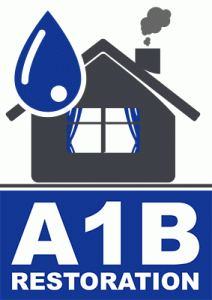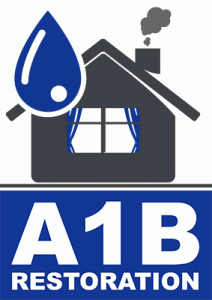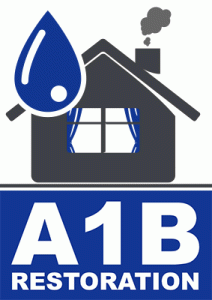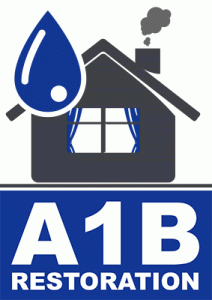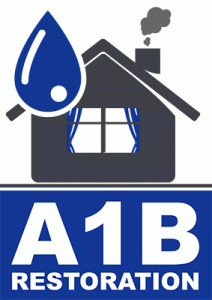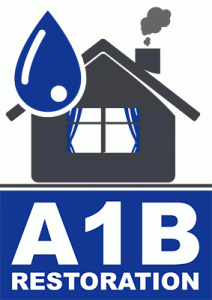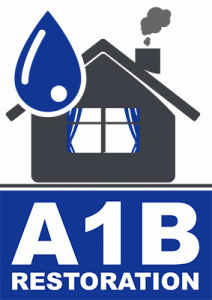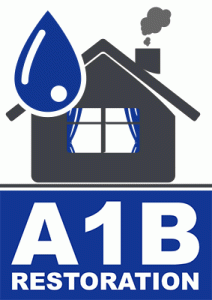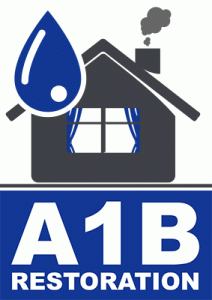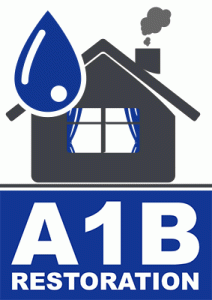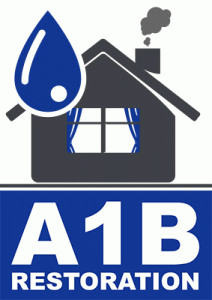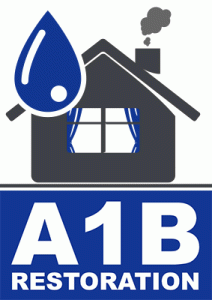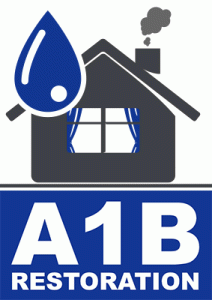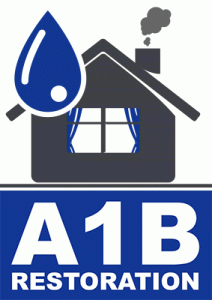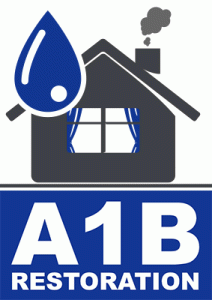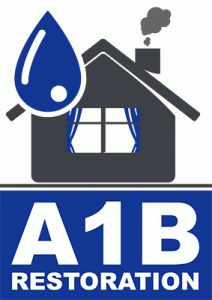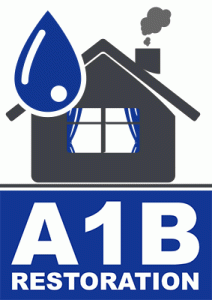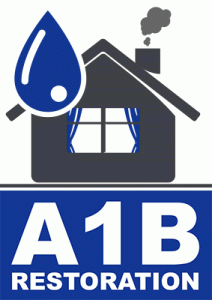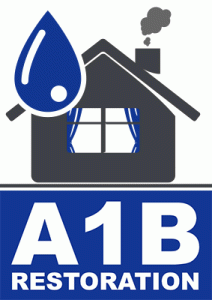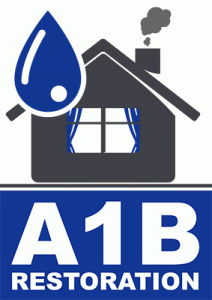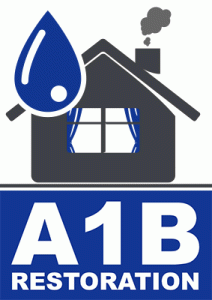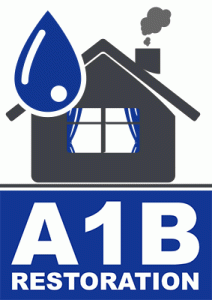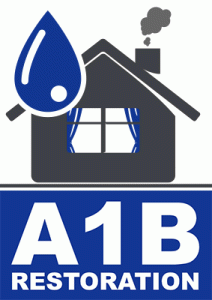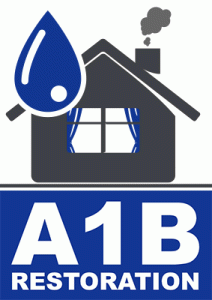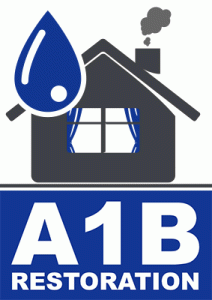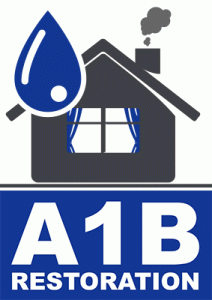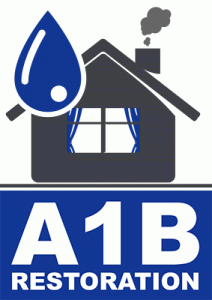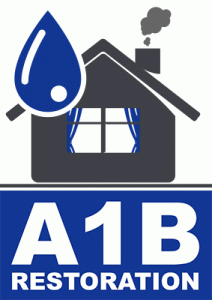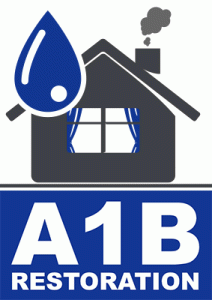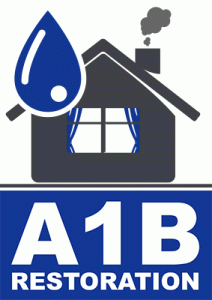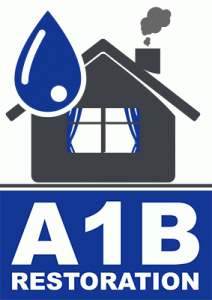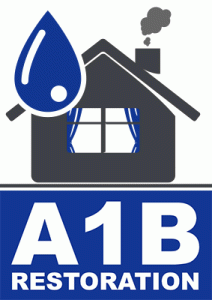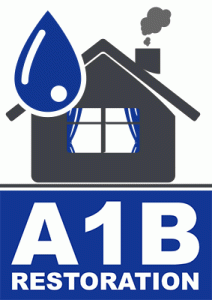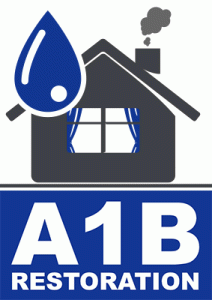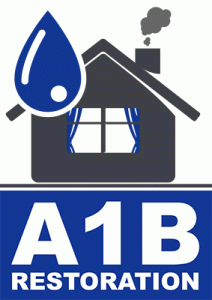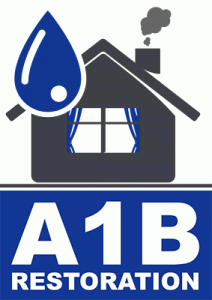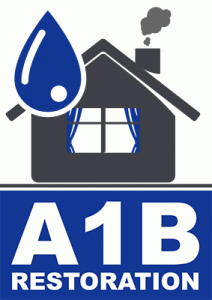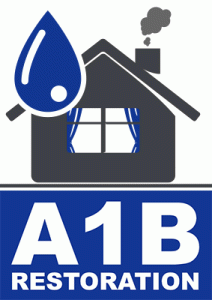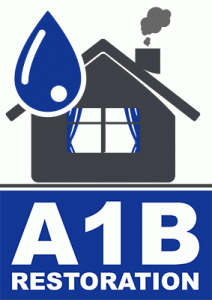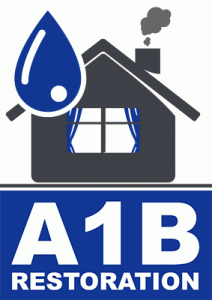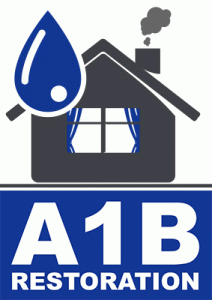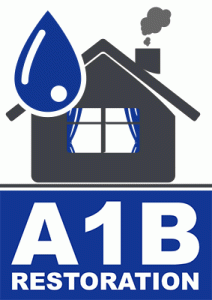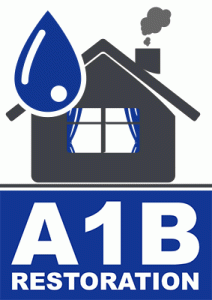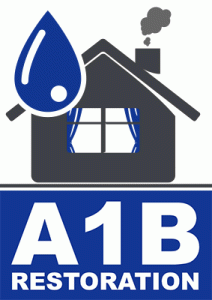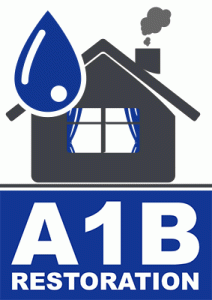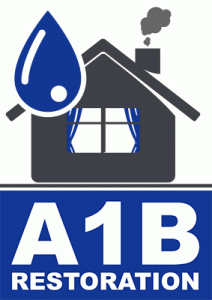How to Educate and Train Your Family on Water Damage Prevention
Water damage can be one of the most expensive and devastating problems a homeowner can face. According to the Insurance Information Institute, water damage accounts for around 20% of all property insurance claims, with the average claim surpassing $10,000. Preventing water damage not only saves money but also protects your family’s health and safety. In this comprehensive guide, we will explore how to educate and train your family on water damage prevention to ensure everyone knows how to keep your home safe and dry.
Understanding the Causes of Water Damage
Before diving into prevention strategies, it’s crucial to understand what causes water damage. Recognizing these causes can help you identify potential problem areas and address them proactively.
Common Causes of Water Damage
Water damage can result from various sources, including:
- Leaking Pipes: Corroded or burst pipes can lead to significant water damage if not detected early.
- Roof Leaks: Damaged or missing shingles can allow water to seep into your attic and home.
- Clogged Gutters: When gutters are blocked, rainwater can overflow and damage your home’s foundation.
- Faulty Appliances: Dishwashers, washing machines, and water heaters can malfunction and cause leaks.
- Natural Disasters: Flooding from storms or hurricanes can inundate your home with water.
Educating Your Family on Water Damage Prevention
Effective education is crucial in ensuring each family member understands their role in preventing water damage. Here’s how to start:
Hold a Family Meeting
Gather your family for a discussion on water damage and its impact. Share statistics, such as the fact that 98% of basements will experience some form of water damage in their lifetime. Use visuals or videos to make the information engaging.
Distribute Educational Materials
Provide your family with pamphlets or guides that outline common causes of water damage and preventive measures. You can create these materials or find them online from reputable sources.
Conduct a Home Walkthrough
Walk through your home together, pointing out potential problem areas like the basement, attic, and bathrooms. Discuss how to spot early warning signs, such as water stains or musty odors.
Training Your Family on Water Damage Prevention
Training is an essential part of prevention. Equip your family with the knowledge and skills they need to act quickly in the event of a water emergency.
Teach Basic Plumbing Skills
Show family members how to shut off the water supply in case of a leak. Ensure everyone knows the location of the main water valve and how to operate it.
Practice Regular Maintenance
Assign tasks to each family member, such as checking gutters for clogs or inspecting appliances for leaks. Regular maintenance can prevent small issues from becoming major problems.
Role-Play Emergency Scenarios
Run through emergency scenarios as a family, such as discovering a burst pipe. Role-playing helps everyone understand their responsibilities and react calmly under pressure.
Implementing Preventive Measures
In addition to education and training, implementing preventive measures is key to water damage prevention.
Install Water Detection Devices
Consider installing water leak detectors in high-risk areas. These devices can alert you to the presence of water before it causes significant damage.
Maintain Your Home’s Exterior
Regularly inspect and repair your roof, gutters, and foundation. Ensure that your property is graded to direct water away from your home.
Upgrade Appliances
Invest in high-quality, water-efficient appliances that are less likely to leak. Regularly inspect hoses and connections for wear and tear.
Conclusion
Preventing water damage is a collective effort that requires education, training, and action. By involving your family in water damage prevention strategies, you can protect your home and keep your loved ones safe. Remember, the key is to stay proactive and vigilant. With the right knowledge and tools, you can significantly reduce the risk of water damage and its associated costs.
For more information and tips on home maintenance, visit our website or contact a local water damage expert.
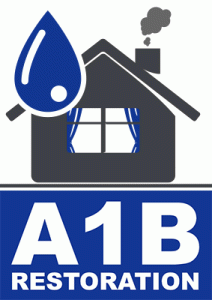
water restoration companies near me McKinney Texas
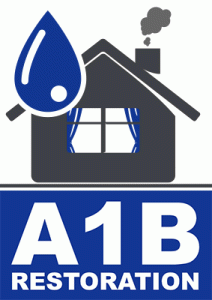
restoration company water damage Haltom City Texas
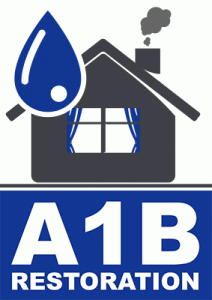
water damage restoration services near me Wylie Texas
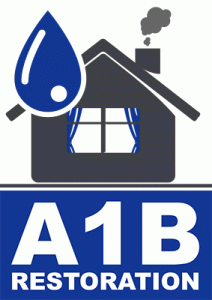
Fate Texas water damage restoration service near me
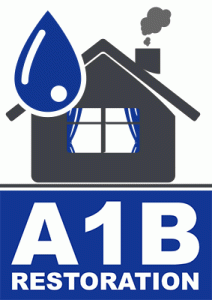
Highland Park Texas water cleanup service near me
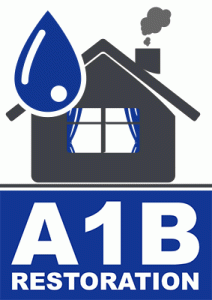
water extraction company Lake Highlands Dallas Texas
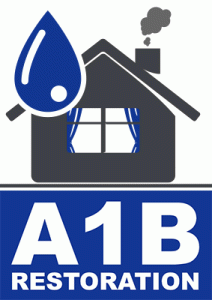
water damage restoration cost Highland Park Texas
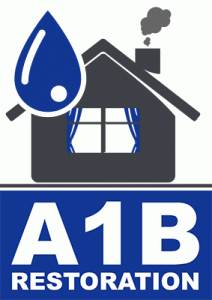
Carrollton Texas water damage restoration near me
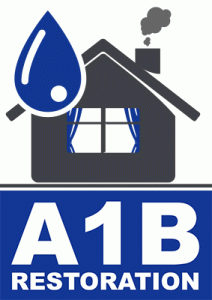
Haltom City Texas water damage restoration near me
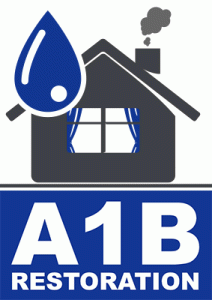
Parker Texas water damage restoration service near me
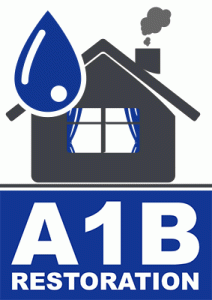
Grand Prairie Texas disaster restoration companies
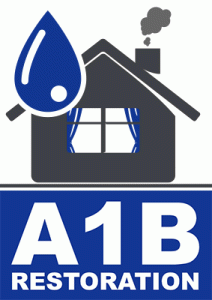
Fairview Texas water damage restoration service near me
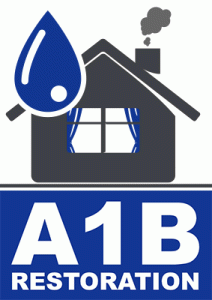
Royse City Texas water extraction company near me
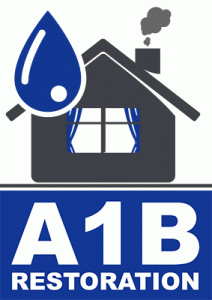
Lake Highlands Dallas Texas water cleanup company
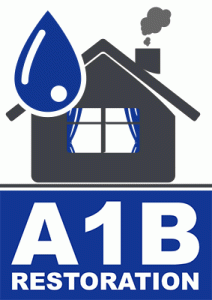
North Richland Hills TX water damage restoration companies near me
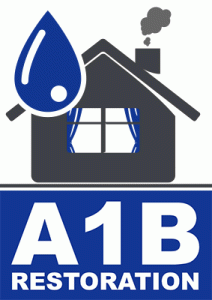
Lake Highlands Dallas TX water damage restoration services
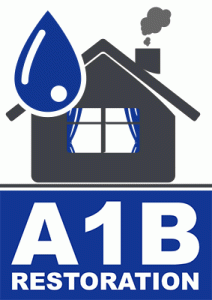
Irving TX water damage restoration companies near me
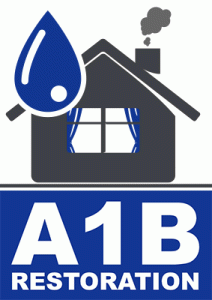
Flower Mound TX restoration water damage experts
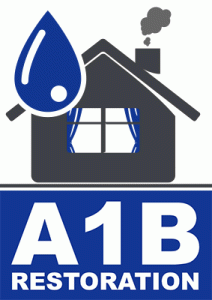
North Richland Hills TX water damage restoration
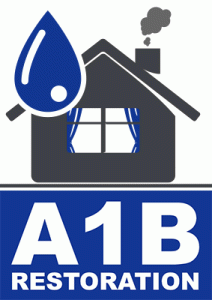
Richardson TX water damage restoration companies near me
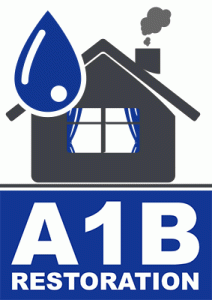
Haltom City TX water damage restoration services
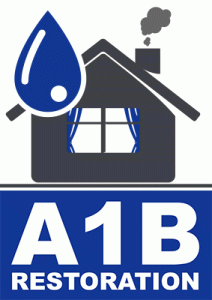
McKinney TX water damage restoration companies near me
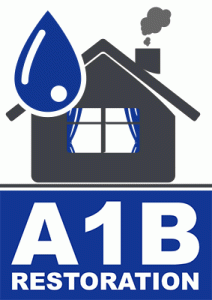
residential water damage restoration McKinney Texas
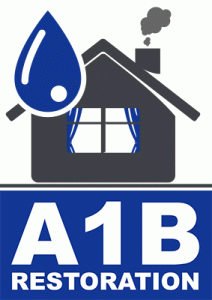
water removal services near me Flower Mound Texas
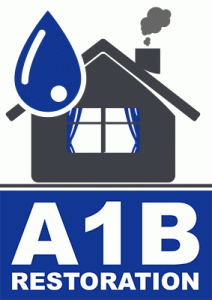
restoration of water damage North Richland Hills Texas
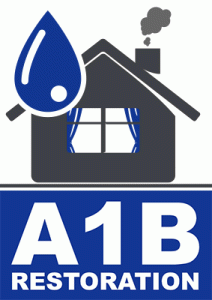
water remediation company near me Cedar Hill Texas
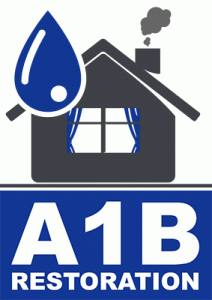
best water damage restoration near me Arlington Texas
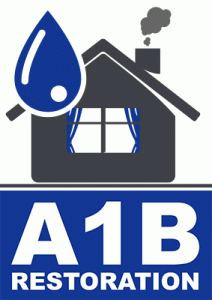
water damage and restoration companies Garland Texas
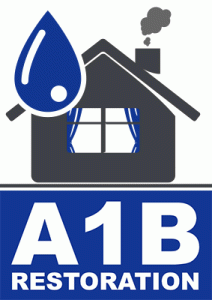
best water damage restoration near me Lake Highlands Dallas Texas
